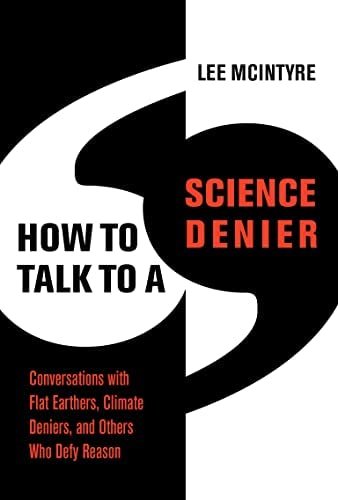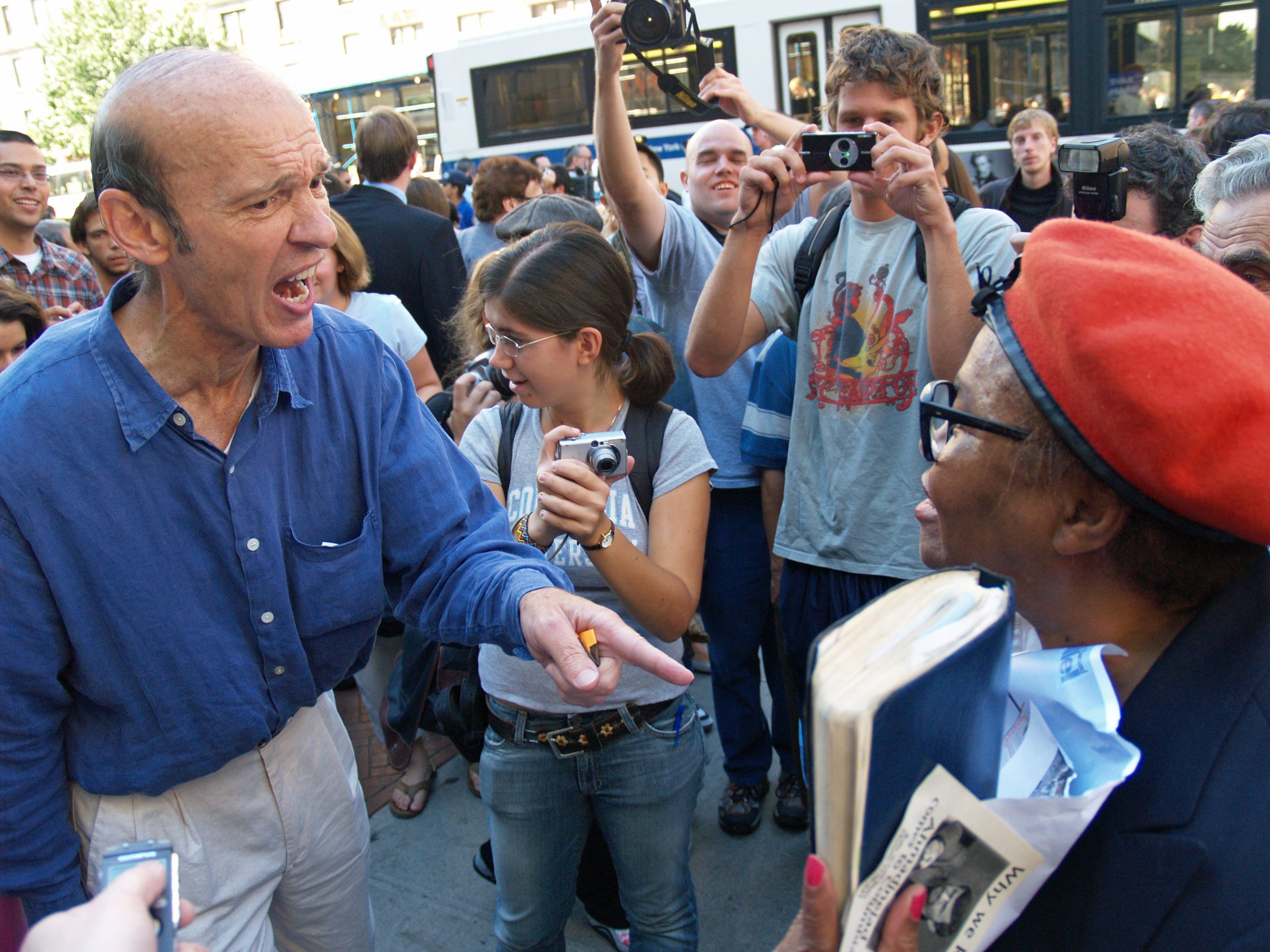SEVEN TIPS FOR BATTLING THE B.S.
“It’s no use.”
“They believe whatever they want.”
“They just double-down on the B.S.”
Talking sense to nonsense is frustrating, but is it futile? Many don’t think so.
From How to Talk to a Science Denier (Lee McIntyre) and Conspiracy: Why the Rational Believe the Irrational (Michael Schermer), here are seven tips for talking to “true believers.”
1. Listen. Don’t come out with guns blazing, interrupting, contradicting, spewing a litany of your own denial. Listen politely to the full explanation.
2. Discuss, don’t attack. “No ad hominem or ad Hitlerum,” Schermer writes.
3. Ask. I asked, “What evidence might change your mind?” McIntyre writes of talking to Flat-earthers. “If they said they needed ‘proof,’ I asked why existing evidence was insufficient?”
4. Build trust. You won’t change anyone’s mind in one conversation, one day, over a single beer. “Most science deniers don’t have a deficit of information, but a deficit of trust,” McIntyre writes. “And trust has to be built, with patience, respect, empathy and interpersonal connections.”
5. Keep emotions out of the exchange. Good luck with that.
6. Acknowledge. Explain that you understand why someone might hold that opinion. “in debates on gun control,” Schermer writes, “I’ll say, ‘I grew up with guns and so I totally get why you want fewer regulations on them.’”
7. Compromise. Try to show how changing one’s facts does not necessarily mean changing one’s entire worldview. Talking to fundamentalists about evolution, Schermer writes, “I don’t give them a choice between accepting Darwin or accepting Jesus. That’s a no brainer.” Offer a middle ground, a partial change, a crack in the edifice.
“Yes, people are stubborn and resist the idea of changing their beliefs based on facts, but for most change is possible. And if we don’t try, things will only get worse.“ — Lee McIntyre







